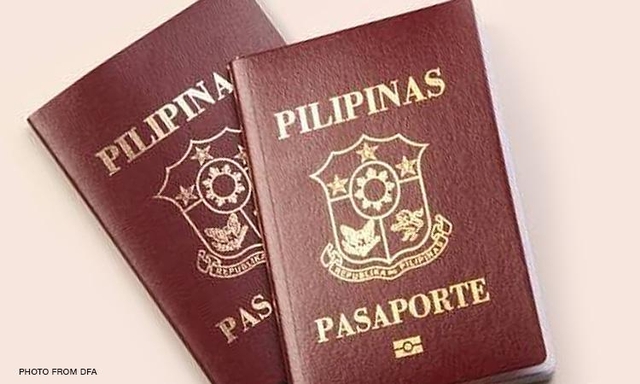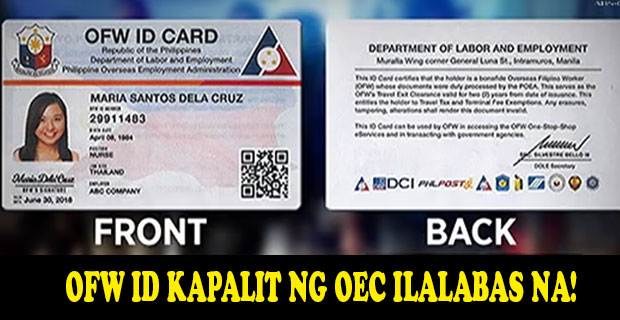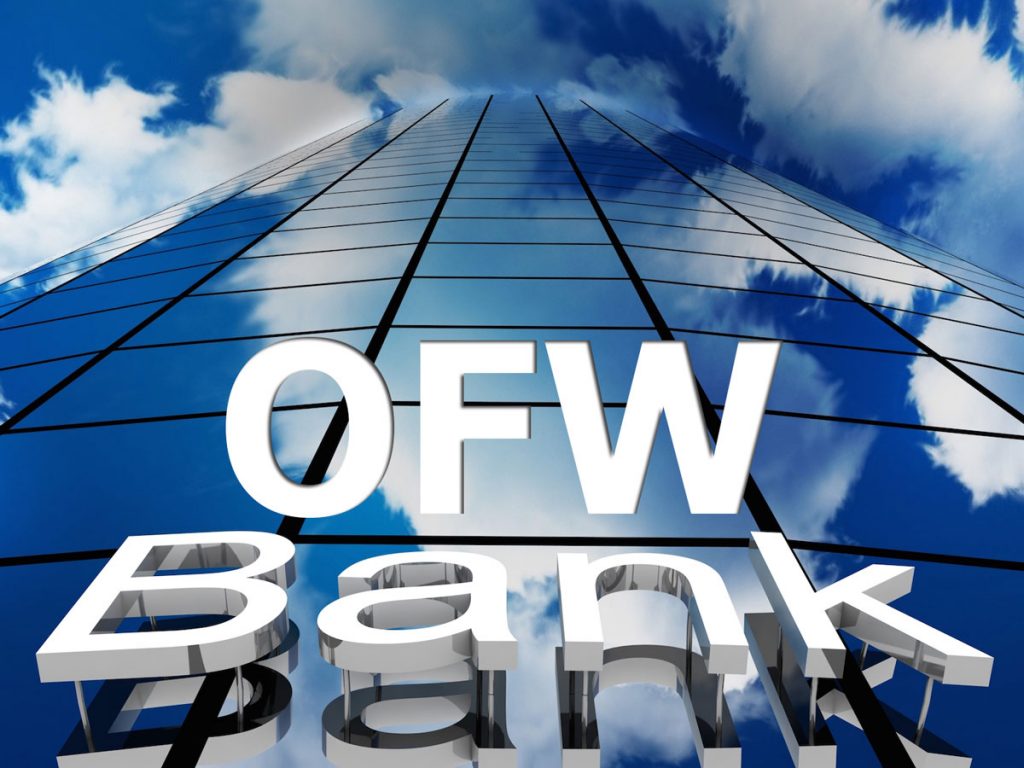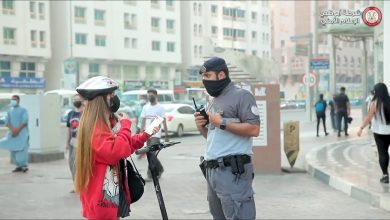President Rodrigo Duterte, in his second State of the Nation Address (SONA), assured he remains steadfast on his campaign promise to make life more comfortable for overseas Filipino workers (OFWs), whose runaway swing vote helped him win by a huge landslide in the May 2016 elections.
Duterte said he has ordered to increase financial assistance to OFWs from P400 million (Dh29 million) to over P1 billion (Dh72.4 million).
This will go to various programs ranging from livelihood integration for returning OFWs to legal assistance and repatriation of stranded and distressed Filipinos abroad.
“They are our heroes,” Duterte said in his speech. “They and their families have sacrificed much for the country. We all know how much of the economy comes from their remittances.”
It will be noted that the 6.5 per cent growth in the country’s gross domestic product (GDP) in the fourth quarter of 2016 was largely attributed by financial experts to the 18 per cent growth in OFWs’ remittance in November last year.
OFW remittances have historically been among key economic pillars of the country, along with the business process outsourcing (BPO) sector and the booming real estate industry which is buoyed by OFW disposable incomes, experts said.
Officials on foreign mission welcomed the news, saying this will go a long way in ensuring help for OFWs.
“This, of course, is a welcome development especially as the government aims to provide as much assistance to overseas Filipinos,” said Consul General Paul Raymund Cortes.
“At present, the Philippine Consulate renders assistance in terms of repatriation, medical expenses, related charges and fines, and other incidentals to Filipinos seeking the government’s help. The Philippine Consulate has repatriated over 500 Filipinos since the beginning of this year. It has provided numerous financial assistance to other Filipinos relative to their fines and charges as necessitated by the host government. Clearly with the increase in funding, more Filipinos will be able to avail of these services,” he added.
Crosscheck
The budget increase is just one of Duterte’s promises.
While in the campaign period, the president vowed to make OFW concerns his top labor priority, which is probably the reason he topped the presidential race in the overseas absentee voting (OAV) in May 2016.
Elections Commissioner Rowena Guanzon said 313,346 overseas absentee voters chose Duterte during the OAV period.
Duterte was a runaway winner in the UAE, garnering 51,879 – or 83.5 percent – of the total 62,103 actual votes cast during the presidential election. Actual voters’ turnout was 31.74 percent of 195,651 registered voters, according to the Philippine Embassy.
Similar turnouts were reported in countries with huge concentrations of OFWs.
Here is a list of what the president has vowed to work on and a corresponding status update:


- Separate department for OFWs
In his first report to the nation, Duterte urged Congress to come up with bills that will lead to the establishment of a separate department for OFWs.
“I may now also ask on Congress to consider drawing up bills consolidating and merging agencies and offices having to do the Overseas Filipino to have a department that shall focus on and quickly respond to their problems and concerns,” he said last year.
The proposed consolidated department will perform the functions of DOLE, OWWA, and the Philippine Overseas Employment Administration (POEA). It will also have duties similar to the National Bureau of Investigation (NBI) in handling cases of illegal recruitment.
However, DFA said the long-anticipated Department of OFW remains a proposal in Congress.
“The DFA has been attending the hearings in Congress. At all times, the DFA is cooperating with Congress on the ways to serve the people through appropriate legislation,” DFA said in a statement.
- One-stop shop for OFW needs
Duterte also lobbied for the establishment of a one-stop center OFWs.
“[We will] rent or lease some buildings. Hindi na sila punta doon sa ano, diyan, sa opisina,” he said.
This has resulted in the launching of a one-stop center for the overseas workers inside the Philippine Overseas Employment Administration (POEA) in August last year.
The establishment of the streamlined service center was meant to reduce the transportation expenses of OFWs and shorten the processing time for their documents. More service centers opened later in Clark, Calamba, Tacloban, Palawan, and Zamboanga.
POEA said the center served a total of 88,351 on its first 100 days.


- Fight against illegal recruitment
Duterte even compared human trafficking and illegal recruitment in parity with illegal drugs.
“We shall intensify our war against human traffickers and illegal recruiters that prey on our migrants to help ensure that the hard-earned money of the Filipino overseas are put into productive use,” he said.
During his first 100 days, 35 cases and 59 victims of illegal recruitment were forwarded to the Department of Justice (DOJ) for preliminary investigation, while 17 establishments have been shut down for such activities.
POEA also collaborated with NBI, DOJ-National Prosecution Service, Bureau of Immigration, Manila Airport Authority, and the Presidential Anti-Organized Crime Task Force to launch databases that list blacklisted recruiters. These databases are the National Illegal Recruitment Case Monitoring System, Online Trafficking-in-Persons Blacklist Database, and the Illegal Recruitment and TIP Priority Targets List.


- Longer passport validity
The proposal to extend Philippine passports’ validity from five years to 10 years has passed bicameral reading and now awaits a greenlight from Duterte, who is expected to sign it.
Senator Cynthia Villar, vice chairperson of the Senate Committee on Foreign Relations, said she is confident Duterte will prioritize the signing of this bill because it is part of his legislative agenda.
“[We] are all in agreement that this measure will work for the benefit of the travelling public, especially our OFWs,” Villar had said in a statement.
The amendment to Section 10 of the Republic Act 8239 or the Philippine Passport Act of 1996 is in line with Duterte’s appeal to Congress to extend the passport’s validity.
- Balikbayan box controversies. Following incessant complaints from OFWs against Customs officials allegedly burglarizing their care boxes in the guise of inspecting them, the administration has moved to require that the boxes not be touched and go through X-ray screening instead, to be opened only when necessary and in the presence of witnesses.
Throughout his first year in the administration, the government has come up with programs that align with President Duterte’s call to better OFWs’ situations. Some have been launched, while others remain on the pipeline.


- iDOLE or OFW ID
OFWs welcomed the news of the launch of the OFW ID, a major component of the Integrated DOLE (iDOLE) system. The iDOLE was officially launched on July 12, but DOLE said it will undergo a three-month pilot test run.
Labor Secretary Silvestre Bello III said authorities is looking at finalizing iDOLE’s implementing guidelines within this month, while the ID cards could be issued next month.
The iDOLE became the talk of the town because it will replace the Overseas Employment Certificate (OEC) or the “exit pass” for OFWs who are set to work or about to return to their host countries. The move to scrap OEC, according to OFWs, will reduce the burden of having to line up all-day long to secure a piece of paper whose official purpose has remained unclear.


- OFW Bank
In line with Duterte’s promise to help OFWs to become financially literate by implementing a “mandatory financial education for all migrants,” the government is expected to open the OFW Bank in October.
OFWs can own as much as P1 billion worth of shares of the bank.
Once opened, the bank will facilitate remittances of OFWs and will offer financial education and investment counselling services.
The OFW Bank will be connected to iDOLE, which will allow OFWs to use their ID cards as debit card.
(Photo credit: Presidential Communications Operations Office)





